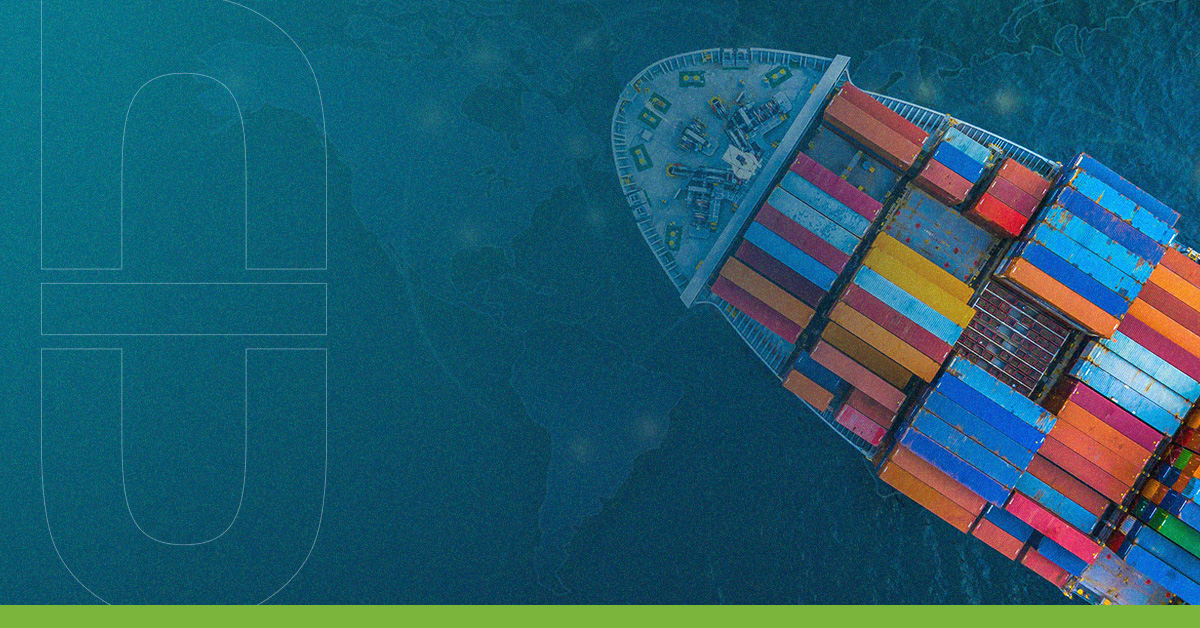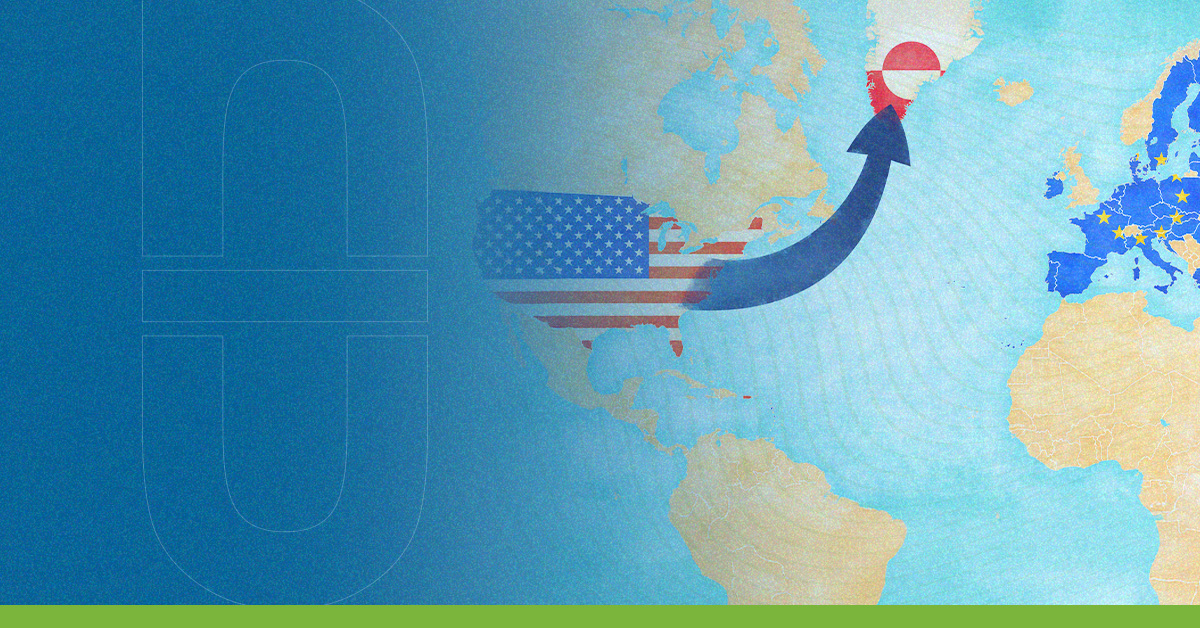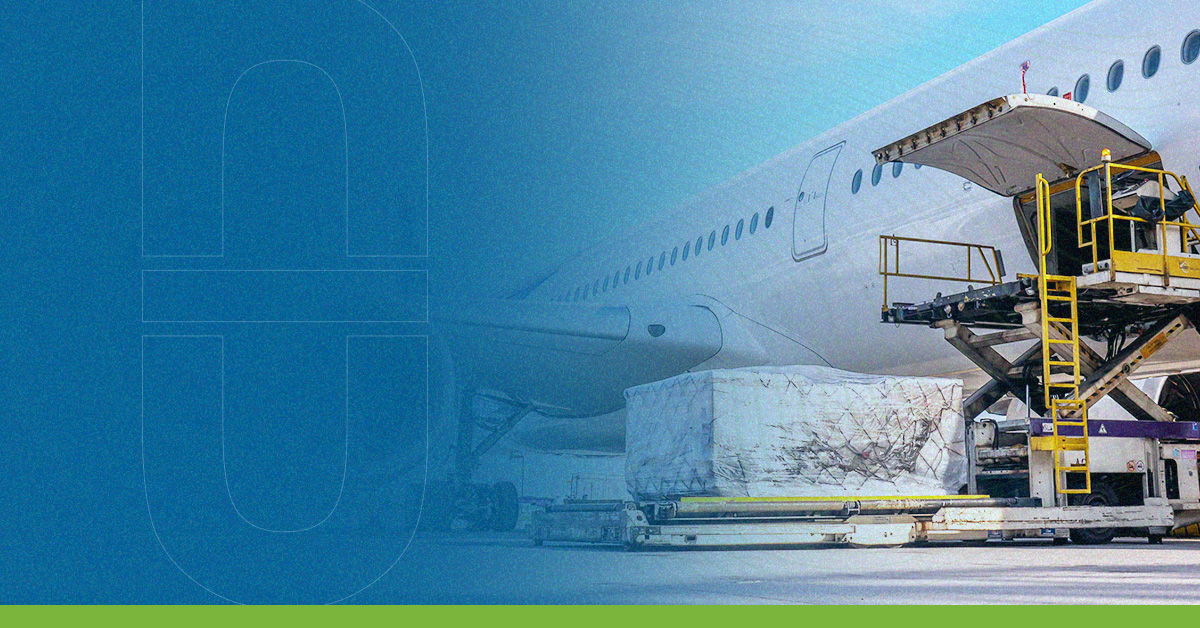From 2030, shipping companies will adopt the electronic bill of lading, which will modernize the international logistics sector. This document is essential in exports, since it allows the transport of goods with legal ownership, providing the carrier with a receipt of the goods shipped and records of the terms and conditions of the contract.
To have a greater context on the importance of this document, only in 2021 some 45 million bills of lading were made, being 1.2% in electronic consumer goods. Although it is vital for the proper development of logistics operations, being physical means, they can make processes somewhat slower than usual, not to mention that in many cases they represent an additional and unsustainable expense from an environmental approach due to the excessive use of paper.
DCSA member shipping companies committed to accepting electronic shipping
The 9 most important shipping companies in the world and current members of the DCSA (Digital Container Shipping Association) have committed to accept electronic shipping by 2030, which will mean a significant advance in terms of the agility and transparency of these logistics processes.
The giants of international transportation that have already set their position positively in the face of this change are MSC, CMA CGM, Maersk, Hapag-Lloyd, ONE, Evergreen, Yang Ming, HMM and ZIM, so it is easy to understand that this movement will be an almost total change in the sector.
It is also expected that the transition of this document to digital media will greatly benefit users, banks and other institutions in the customs and government sector that require accurate and reliable registration of these shipments.
On the other hand, the supply chain will also be one of the main beneficiaries of this regulation, since it will allow unprecedented agility through digital ownership, which will facilitate a fast and smooth verification. In addition, it will bring with it shorter delivery times and significant savings in operating costs for carriers.
The increasing digitalization in the logistics industry poses challenges to shipping companies, who must adapt to changes and assess the risks that this entails. To guarantee risk-free and highly efficient transport processes, having the advice of experts in cargo insurance is essential. In this sense, Onus Insurance services offer the ideal solution to meet the needs of your customers.
Sources:
Las navieras de la DCSA adoptarán el conocimiento de embarque electrónico para 2030. Anave
El conocimiento de embarque electrónico de DCSA, para 2030. Puente de Mando




